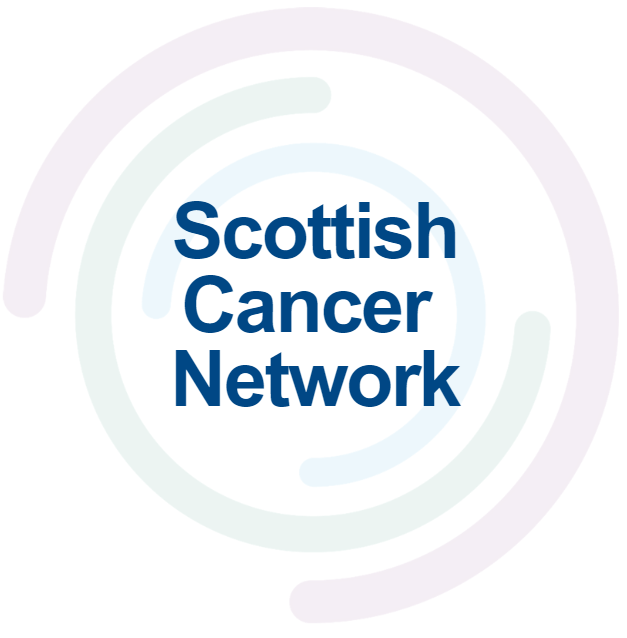A brain tumour diagnosis brings complex challenges. But there are things that can be done to ensure that people live well with a brain tumour. The links listed below give access to information specifically for people living with a brain tumour and the additional nuance that this brings.
Fatigue - Fatigue is one of the most frequent and distressing problems described. Signpost people here who want to understand fatigue and build a toolkit to manage it.
Exercise and rest - Exercise improves strength, fitness, mood and general wellbeing. These links access information specifically for brain tumour patients to add exercise and rest into their life safely.These links will allow you to access information specifically for brain tumour patients to find exercise tips, hints in plans to allow you to add exercise and rest into your life safely.
Scanxiety – fear and nerves around both the scan and the results – is experienced by many.
This link shares information about coping with scanxiety and how coaching helps manage it.
Behaviour and personality change (BPC) - BPC is challenging for everyone but there are ways to recognise and manage it.
Signpost these links if people want to understand brain tumour related BPC and how to manage it.
- Braintrust – Managing behavious and personality change
- The Brain Tumour Charity - Brain tumour personality changes
Managing epilepsy and seizures - A wealth of information and extra support on these links.
Counselling - Use these links to help people access counselling.
- Braintrust – Counselling support for brain tumour patients and their caregivers
- The Brain Tumour Charity – Free counselling
Hypnotherapy - Hypnotherapy is useful in improving well-being in the following areas:
- Anxiety and stress
- Diet and lifestyle
- Resilience and self esteem
- Pre and post-operative care
- Pain management
- Reduction in side effects from treatments.
- Braintrust – Hypnotherapy for brain tumour patients and their caregivers
Mindfulness - The following link explains how to practice mindfulness and find ways find a sanctuary.
Survivorship - This link outlines support relevant to brain cancer survivorship.
Acceptance - Acceptance helps to make peace with the difficulties that come with life and what is beyond control, whilst at the same time committing to action that will improve quality of life.
This link develops understanding about acceptance and how to achieve it.
Coaching - Patients often ask for counselling when coaching is a more appropriate intervention. This link explains what coaching is and how it helps, as well as providing a link to access bespoke one to one coaching.
Feel less alone - Peer support and online events to reduce isolation.
